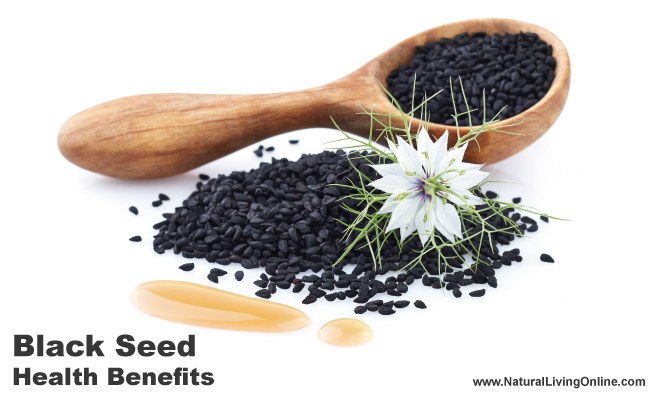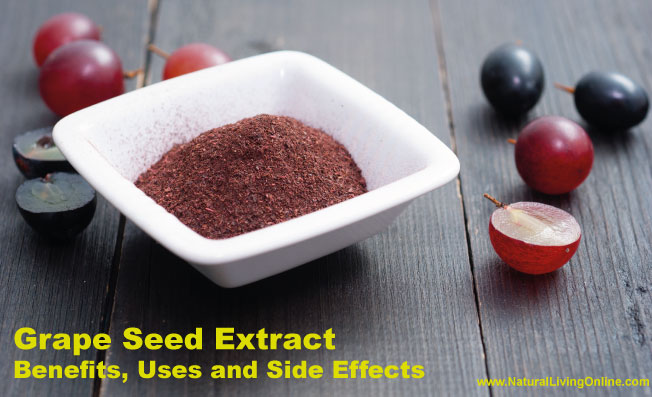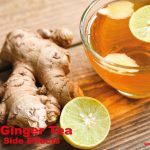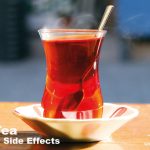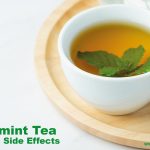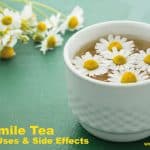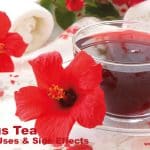Pumpkin seeds, also known as pepitas, are the edible seeds found inside pumpkin and other squash varieties. They are often enjoyed as a snack, either on their own or as a topping for salads, yogurt, and other dishes. In addition to being a tasty treat, pumpkin seeds have a number of medicinal properties and potential health benefits.
Botanical Profile
Botanical Name: Cucurbita pepo
Common Names: Pumpkin, pepitas
Plant Family: Cucurbitaceae
Countries of origin: Pumpkin is native to North America and has been cultivated for centuries in many parts of the world.
Parts Used as medicine: The seeds of the pumpkin plant
Therapeutic Properties: Heart health, Prostate health, Sleep aid, Anti-inflammatory properties, Weight management, Antioxidant properties
Nutritional Value
One of the standout nutritional qualities of pumpkin seeds is their high protein content. Just a quarter cup of pumpkin seeds contains about 7 grams of protein, making them a good choice for vegetarians and vegans looking to boost their protein intake. Pumpkin seeds are also rich in essential fatty acids, particularly omega-3s, which are important for brain and heart health. In addition to these healthy fats, pumpkin seeds are a good source of antioxidants, such as vitamin E and zinc. These nutrients help to protect the body’s cells from damage caused by free radicals, which are unstable molecules that can harm cells and contribute to the development of chronic diseases. Pumpkin seeds also contain other important micronutrients, such as iron, magnesium, and potassium.
Medicinal Properties
Pumpkin seeds have a number of medicinal properties that may have various health benefits. Some of the key medicinal properties of pumpkin seeds include:
- Heart health: Pumpkin seeds are high in monounsaturated and polyunsaturated fats, which can help to lower cholesterol and blood pressure. This can reduce the risk of heart disease.
- Prostate health: Pumpkin seeds contain compounds that may help to reduce inflammation in the prostate and improve urinary function in men.
- Sleep aid: The tryptophan and magnesium in pumpkin seeds may help to improve sleep quality.
- Anti-inflammatory properties: Pumpkin seeds contain compounds that may have anti-inflammatory effects, which may be helpful for conditions such as arthritis and asthma.
- Weight management: Pumpkin seeds are high in protein and fiber, which can help to keep you feeling full and satisfied, making them a good choice for weight management.
- Antioxidant properties: Pumpkin seeds are a good source of antioxidants, such as vitamin E and zinc, which help to protect the body’s cells from damage caused by free radicals.
- Other micronutrients: Pumpkin seeds also contain other important micronutrients, such as iron, magnesium, and potassium, which are essential for good health.
It is important to note that while pumpkin seeds have these medicinal properties, it is important to consult with a healthcare professional before adding them to your diet or using them as a treatment for any specific health condition.
Phytochemicals Profile
Phytochemicals are compounds found in plants that have various health-promoting properties. Pumpkin seeds contain a number of phytochemicals, including:
- Lignans: Pumpkin seeds are a good source of lignans, which are plant compounds that have antioxidant and anti-inflammatory properties. They may also have a protective effect against certain cancers, such as breast cancer.
- Phenolic compounds: Pumpkin seeds contain a range of phenolic compounds, including flavonoids and phenolic acids, which have antioxidant properties.
- Carotenoids: Pumpkin seeds contain carotenoids, such as beta-carotene and lutein, which are pigments that give fruits and vegetables their bright colors. Carotenoids have antioxidant properties and may also have a protective effect against certain types of cancer.
- Tryptophan: Pumpkin seeds contain tryptophan, an amino acid that helps the body produce serotonin, a neurotransmitter that plays a role in sleep regulation.
- Zinc: Pumpkin seeds are a good source of zinc, a mineral that plays a role in immune function and wound healing. Zinc is also important for maintaining healthy skin, hair, and nails.
- Magnesium: Pumpkin seeds are high in magnesium, a mineral that is involved in a number of important functions in the body, including muscle function, bone health, and energy metabolism.
- Iron: Pumpkin seeds are a good source of iron, a mineral that is essential for the production of red blood cells and the transport of oxygen throughout the body.
The phytochemicals present in pumpkin seeds may have a number of health benefits, but it is important to note that more research is needed to fully understand their effects. It is always best to consult with a healthcare professional before adding pumpkin seeds to your diet or using them as a treatment for any specific health condition.
Health Benefits
Pumpkin seeds have a number of potential health benefits beyond their nutritional value. For example, some research suggests that consuming pumpkin seeds may help to lower cholesterol and blood pressure, which can reduce the risk of heart disease. In men, pumpkin seeds may also have a beneficial effect on prostate health. The seeds contain compounds that may help to reduce inflammation in the prostate and improve urinary function.
Pumpkin seeds may also be helpful for those struggling with sleep issues. The seeds contain tryptophan, an amino acid that helps the body produce serotonin, a neurotransmitter that plays a role in sleep regulation. Pumpkin seeds are also high in magnesium, a mineral that can relax the muscles and promote sleep. As a result, consuming pumpkin seeds may help improve sleep quality.
In addition to their potential effects on heart and prostate health, pumpkin seeds may have anti-inflammatory properties. Inflammation is a normal immune response that helps the body heal, but chronic inflammation can contribute to the development of conditions such as arthritis and asthma. Some studies have found that compounds found in pumpkin seeds may have anti-inflammatory effects, which could potentially help with these and other conditions.
Pumpkin seeds are also a good choice for those looking to manage their weight. The seeds are high in protein and fiber, both of which can help to keep you feeling full and satisfied. This can make it easier to stick to a healthy eating plan and avoid snacking on less nutritious options.
How to incorporate pumpkin seeds into your diet
There are many ways to incorporate pumpkin seeds into your diet. They can be enjoyed as a snack on their own, either roasted and salted or tossed with a little olive oil and your choice of seasonings. Pumpkin seeds can also be used as a topping for salads, yogurt, and other dishes for added crunch and nutrition. There are also plenty of recipes that feature pumpkin seeds, such as homemade granola or pesto. To keep pumpkin seeds fresh, it is best to store them in an airtight container in the fridge or freezer.
Side Effects and Contraindications
In general, pumpkin seeds are considered safe to consume and have few reported side effects. However, it is always a good idea to speak with a healthcare professional before adding pumpkin seeds to your diet, especially if you are pregnant, nursing, or have a medical condition.
Some possible side effects of consuming pumpkin seeds include:
- Allergic reactions: Some people may be allergic to pumpkin seeds, resulting in symptoms such as hives, swelling, and difficulty breathing.
- Digestive issues: Consuming large amounts of pumpkin seeds may cause digestive issues such as bloating, gas, and diarrhea.
- Interactions with medications: Pumpkin seeds may interfere with the absorption or effectiveness of certain medications. If you are taking any prescription or over-the-counter medications, it is important to consult with a healthcare professional before adding pumpkin seeds to your diet.
There are also some contraindications to consider when consuming pumpkin seeds. For example, pumpkin seeds may interfere with the absorption of certain minerals, such as calcium and zinc. If you have a deficiency in any of these minerals, it is important to speak with a healthcare professional before adding pumpkin seeds to your diet. Pumpkin seeds may also interfere with blood clotting, so it is important to avoid consuming large amounts of pumpkin seeds if you are taking blood thinning medications or have a bleeding disorder.
Overall, pumpkin seeds are a nutritious and tasty snack that can be enjoyed as part of a healthy diet. However, it is important to consume them in moderation and to consult with a healthcare professional before adding them to your diet or using them as a treatment for any specific health condition.
Conclusion
In conclusion, pumpkin seeds are a tasty and nutritious snack that can be enjoyed on their own or as a part of a variety of dishes. In addition to their high protein and essential fatty acid content, pumpkin seeds have a number of potential health benefits, including supporting heart and prostate health, improving sleep quality, and having anti-inflammatory effects. Incorporating pumpkin seeds into your diet is a simple way to boost your nutrition and potentially improve your overall health.
References:
- Nutritional Value, Phytochemical Potential, and Therapeutic Benefits of Pumpkin (Cucurbita sp.)
- The Effect of Pumpkin (Cucurbita Pepo L) Seeds and L-Arginine Supplementation on Serum Lipid Concentrations in Atherogenic Rats
- Pumpkin Seed Oil: An Alternative Medicine
- Comparative study on nutrient contents in the different parts of indigenous and hybrid varieties of pumpkin (Cucurbita maxima Linn.)
This website does not provide medical advice.
All information provided on this website, and on associated social media networks, including but not limited to texts, images, and numbers are for general information purpose only. It is not intended as medical advice and it does not include all possible precautions, side effects, or interactions that may occur. Neither NaturalLivingOnline.com nor its author/founder take responsibility for how you use this information. Statements contained on NaturalLivingOnline.com have not been evaluated by the FDA. You should conduct thorough research via multiple sources and consult your physician or qualified doctor before using any essential oil or herbal remedy. Information on NaturalLivingOnline.com must not be relied upon for medical, legal, financial or other decisions.



